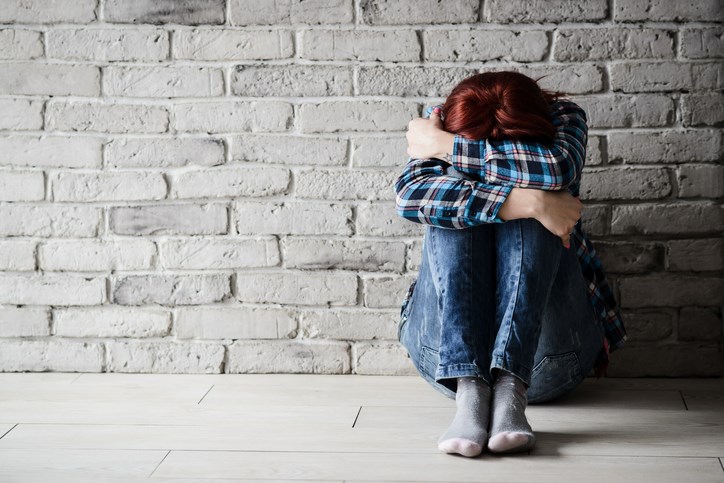By Sierra Guido.
Nearly 70 per cent of domestic abuse cases in Canada are not reported to the police.
Since mid-March when the COVID19 global pandemic broke, that percentage continues to climb as more and more cases go unreported.
“Yeah, I think domestic violence in this country has been a pandemic, around the world, but certainly in this country, even before COVID. It has only intensified that risk at this time,” said Director of Victim Services of Nipissing District, Kathleen Jodouin.
See: Man tried to strangle woman during domestic dispute say police
On March 17, Ontario’s Premier, Doug Ford officially enforced a province-wide lockdown, forcing millions of people to stay home due to the infectious global coronavirus disease.
Canada, along with the majority of the world, began to shut down businesses and borders leaving many without outside access.
“We do know that unfortunately, in Canada, we've had at least 10 fatalities from intimate partner violence since COVID has started and that those fatalities can happen even without any previous history of physical violence,” said Jodouin.
A reported drop in domestic violence calls does not suggest that violence is not happening, but rather, the exact opposite suggests Minister Maryum Monsef.
Due to the severity of the province-wide lockdown, victims of domestic abuse are now more isolated than ever. Most women can not go to work, see family or friends, and children are not able to go to school which in turn enforces a feeling of helplessness, placing a large concern on Victim Services and women and children's shelters that are open for business for virtual meetings during the quarantine.
“We encourage women to have up to date safety plans, and think about where in your house is a safe place that has a locked door or an alternative exit,” said Jodouin.
Safety plans can be made with the help of Victim Services and it is considered incredibly important to reach out to family or friends with a "safety word" should they need to call 911 on behalf of the victim.
According to Jodouin, it is important to avoid places with obvious weapons and find a safe space within the home that may have an alternate way out, if possible.
“Have documentation available, have money available should you need to leave, and having a safe place to go and letting someone else know that you are leaving or that you are in need of help,” said Jodouin.
Although physical violence plays a large part of the problem causing a real risk of harm, Jodouin believes it is a myth to limit domestic abuse to only that, suggesting that coercive control patterns and manipulative behaviour must also be looked out for in a relationship.
If abuse is occurring, outsiders might begin to notice a change in social media patterns, if the victim is no longer able to talk on the phone with friends or family, as well as financial or mood control.
“We trust that women are making the best choices they can to keep them in their family safe, but they need to know that there is support out there, that shelters and victim services and other community partners who are working to support them are available and they can reach out for help” said Jodouin.
If you are a victim of domestic assault and do not feel ready to report the crime to police, help is available.
Victim Services of Nipissing District provides free and confidential short-term crisis support to victims of crime, tragic circumstances, and disaster. For more information, call 705-472-2649.



